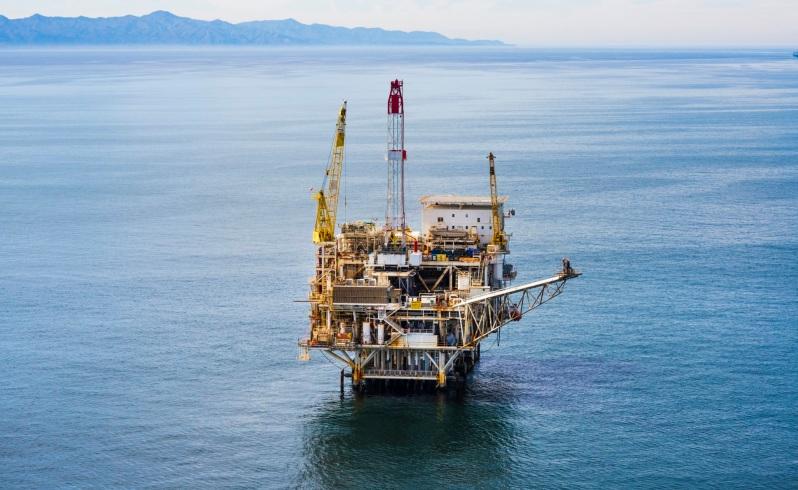Understanding Commissioning of Offshore Oil and Gas Projects

Estimated reading time: 3 minutes

Understanding Commissioning of Offshore Oil and Gas Projects
Project commissioning is the process of assuring that all systems, components and processes of an industrial plant are according to the operational requirements of the owner or final client. This includes process verification and documenting that the facility and all its system components and assemblies are designed, installed, tested and operated to meet the project requirement of individual units and systems.
A commissioning process may be applied not only to new projects but also to existing units and systems subject to expansion, renovation or revamping.
The commissioning activity consists of checking and testing all functions according to their design parameters in conditions as close as possible to the design conditions, and includes performance tests on mechanical equipment, water washing, flushing and drying of equipment and piping as well as control systems operability and functionality. The Commissioning activities are performed after construction and pre-commissioning is completed.
Objective of Commissioning
The main objective of commissioning is to affect the safe and orderly handover of the unit from the constructor to the owner, guaranteeing its operability in terms of performance, reliability, safety and information traceability. Additionally, when executed in a planned and effective way, commissioning normally represents an essential factor for the fulfilment of schedule, costs, safety and quality requirements of the project.
Commissioning Phase
The commissioning activity can be broken down into four main phases:
- Planning
- Preparation
- Execution
- Documentation/hand-over
The goal has been to identify the main areas where managers need to keep their focus – the critical success factors – in order to prevent schedule and budget overruns. It is important to control the critical success factors as they can make or break the project.
Contrary to what one might think, it is not the delay of major project milestones such as sail-away from module yards, module lift at integration site or delays in offshore laying activities that constitutes the major delay factors on a project. It is all the other important big or small issues that pop up along the way that you have not properly prepared for that make the biggest difference.
There is a need to continuously apply risk assessments prior to and during the whole project phase, while applying the key tools and methods necessary to ensure quality throughout the commissioning phase.
Commissioning of mega offshore projects, whether it is an FPSO, a GBS, a steel jacket or other concepts, is a large and complex undertaking which all too often do not receive enough management focus at the early stages of the project, especially when it comes to enough upfront quality planning (front end loading) and preparations in place, and making sure practical risk assessments are viewed as a continuous activity throughout the project.
Integrated Offshore Commissioning is a training course held from 25-27 February 2019 (Kuala Lumpur) designed to further enhance management and team member’s focus on the critical success factors that must be controlled in order to successfully deliver on the commissioning plan. The course will be divided in 4 separate modules that collectively will cover a variety of issues such as: planning principles, building the schedule, figures and factors, and more. Practical workshops and interactive discussions are vital parts of the course. Participants will be assigned to teams and work on real cases as well as being challenged to design ideal set ups based on the given course material.
Opus Kinetic believes that people are why organisations are successful, and giving people the knowledge to perform well at their job is integral for success. We pride ourselves as the premier provider of knowledge, offering acclaimed in-house trainings, and many others professional training courses spanning from various industries. Our training courses are well researched and updated with the latest industry trends. For more information on our professional training programs, visit us at http://www.opuskinetic.com/training

